Love on a Different Wavelength: Finding Harmony in a Neurodiverse Relationship
Many accomplished high-achieving women, particularly physicians, find themselves drawn to partners with ADHD or those on the autism spectrum.
I know this not only because I coach them, but because I am one of them. We often feel alone in our relationships, believing our experiences are unique, yet this dynamic is far more common than we realize.
High-achieving women navigate the world with intensity, juggling responsibilities, making decisions, and carrying the weight of numerous expectations. The creativity, presence, and deep focus of neurodivergent partners can feel like a grounding force, offering a refreshing contrast to our constant motion. There is something deeply reassuring about the honesty, loyalty, individuality, and pragmatism often found in neurodivergent partners. Many high-achieving women feel safe in these relationships. We appreciate partners who support our ambitions without competition, who offer steadiness in a world of demands. Quite practically, a partner who is deeply loyal and content in solitude is a gift, allowing us to pursue our demanding careers, trusting that they are fulfilled in their own ways.
Over time, what initially felt like a gift often becomes a source of frustration. Differences in executive function, social interaction, and emotional expression create tension. Our neurodivergent partners may not share the same sense of urgency, organization, or efficiency. For those of us who naturally assume the roles of problem-solver and planner, the weight of responsibility feels overwhelming. Because we are so overwhelmed, we decide our relationships are broken. That they need fixing.
We don’t realize that they are simply different. If we are willing to move beyond the urge to change our partner and instead shift our own mindset, we open the door to a relationship that is both fulfilling and enduring.
While it is a constant work in progress, choosing to accept my neurodivergent husband rather than being disappointed in his differences has allowed me to experience forty years of love and partnership with my neurodivergent husband.
When I let go of the habit of fixing and optimizing and instead lean into subtle shifts, our relationship is more easeful and rewarding for both of us. Seeing him through a lens of appreciation rather than wishing he was different brings recognition of the strengths he offers. When I focus on what works instead of what is missing, I step out of the cycle of frustration.
A neurodiverse relationship will never fit conventional expectations—but that does not mean it is flawed. It can be extraordinary when seen from a different perspective.
Instead of asking, 'Why can’t he just…?' I now ask 'What would love do?'
When I let go of the need to be fully understood, space opens for deep connection, even without complete comprehension.
When I choose presence over analysis and connection over understanding, things are much better.
When I honor why I chose my husband in the first place and lean into his complementary strengths my frustration shifts to gratitude.
My husband and I joke that we have almost no overlapping skills—but this is what makes us strong. Appreciating the unique ways my neurodivergent partner expresses love, from the careful preparation of a morning coffee to the meticulous crafting of a meal, brings a new level of awareness.
Regulating my own nervous system through mindfulness, deep breaths, yoga, and time in nature can create space for calm.
Before reacting now, I pause. This allows for a shift in energy that benefits both of us.
Adjusting my expectations with intention allows me to recognize that every relationship is unique and that ours will not look like anyone else’s.
Peace comes when I stop resisting what is and instead learn to work with it.
Communicating with compassion, showing up with an open heart, and seeing differences as just that—differences, not deficits—creates a path to ease and fulfillment.
When the feeling of working against one another begins to dissolve, space opens for appreciation and connection.
Reconnecting to the wisdom of my choice allows me to feel empowered rather than frustrated.
This is where coaching becomes invaluable. Coaching tools have allowed me to nurture and sustain a forty-year partnership, work alongside my husband at Pause & Presence and Nicasio Creek Farm, transition into an empty nest with grace, and continue to find joy in our relationship.
I support high-achieving women, particularly physicians, who long for more ease and fulfillment in their relationships, whether neurodiverse or not. Coaching is different from therapy or marriage counseling. The focus is not on changing the relationship itself, but on shifting how we engage with it. When we work on ourselves, everything shifts.
Many high-achieving neurotypical women in neurodiverse relationships have experienced profound transformation through this work. It is far less costly—emotionally and financially—than divorce. Even when change feels impossible, there is almost always a way forward that is more peaceful and expansive.
